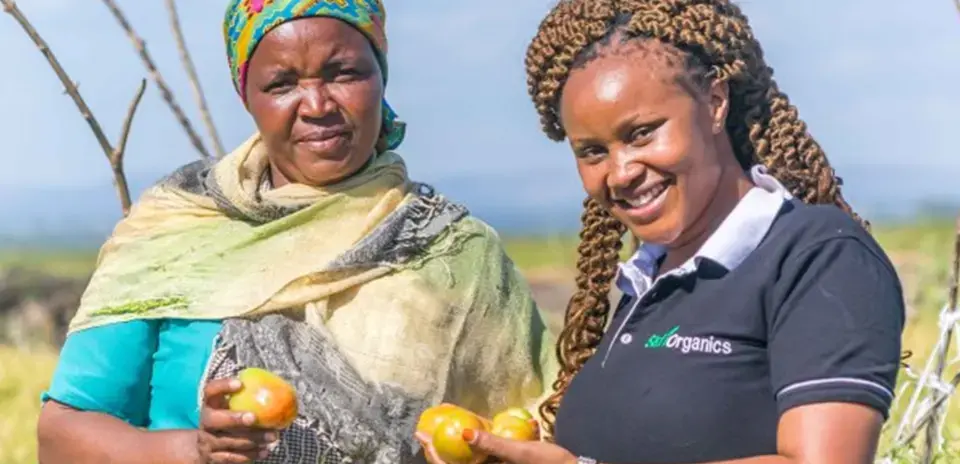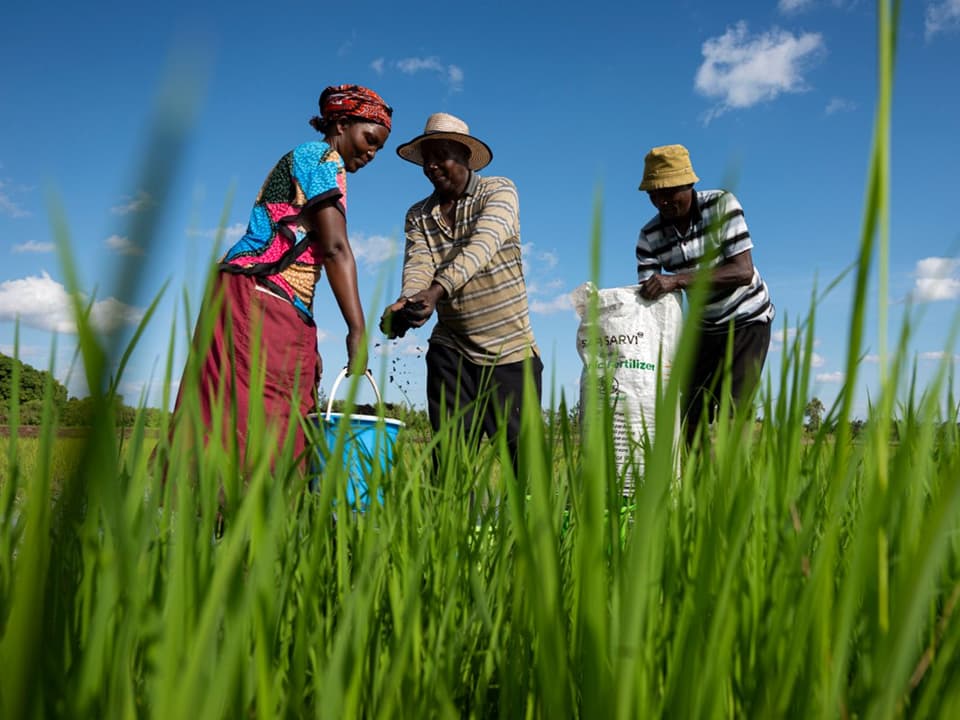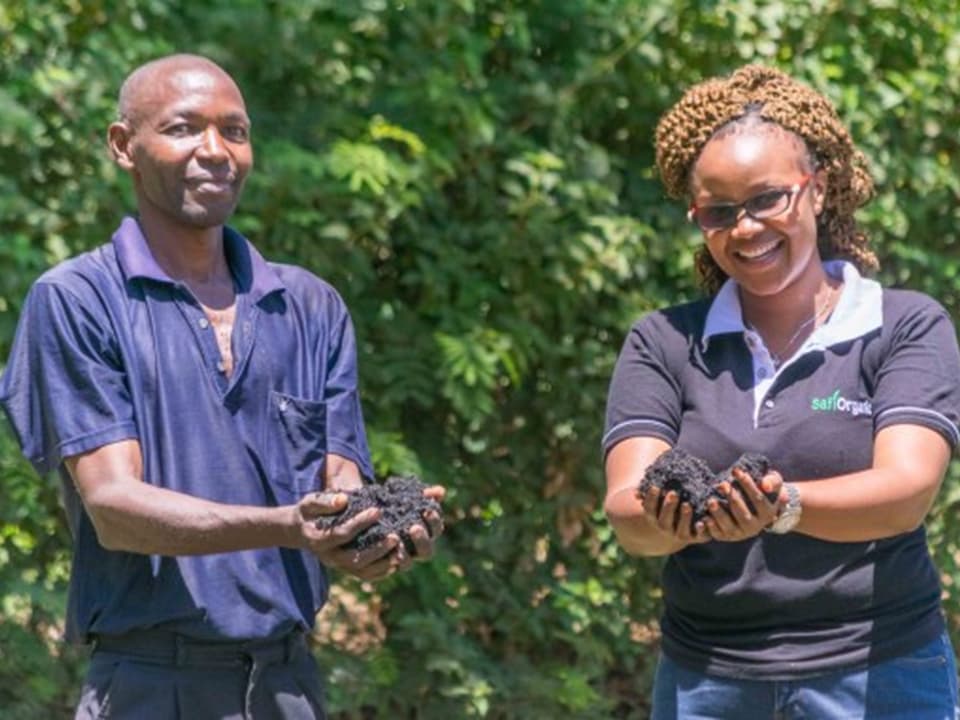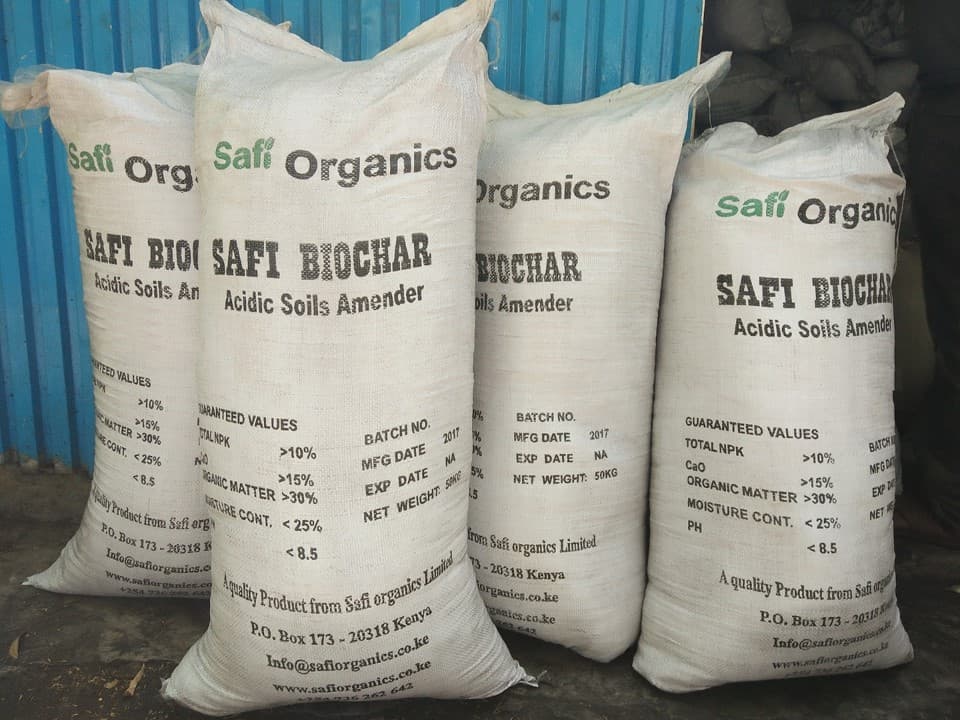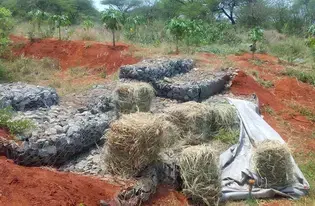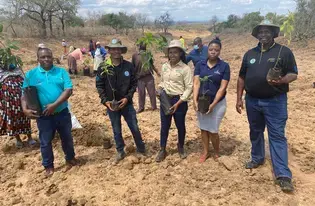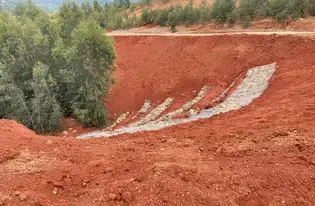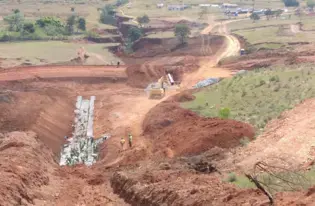Effective agriculture needs effective fertilizers: They continually renew nutrients that crops remove from the soil and turn land that is otherwise unproductive into an income-generating asset. For most farmers across Africa, this key ingredient for boosting yields and incomes is prohibitively expensive because most fertilizers are imported.
African farmers pay at least four times the average global import cost because transportation links across much of the continent are less developed. That problem is especially pronounced for those living far away from coastal ports. The pricey fertilizers they can buy are poorly suited to local conditions, and the chemicals in artificial compounds can damage soil quality – and long-term crop yields.
To tackle these challenges and improve food security , Kenyan start-up Safi Organics, led by Samuel Rigu, has developed a decentralized fertilizer production system. It enriches local communities and produces life-giving fertilizers tailored to the needs of local farmers.
How does it work? Safi Organics recycles farmers’ unused crop residue, like stalks and leaves, by purifying them with heat and grinding them down to 1-2-millimeter particles. Then, they mix in special nutrient additives before the freshly made fertilizer is packaged for shipment.
What is Safi Organics’ competitive advantage? It can produce fertilizers 70-to-100 times faster than nature and household composting can. The company’s system also takes 1/400th of the capital to set up as traditional fertilizer plants, are 50% more thermally efficient, and 98% less polluting than traditional local production methods. And their fertilizer works, too: It’s been shown to increase crop yields by 27%.
Since its founding in 2016 and completion of the Land Accelerator Africa training program, Safi Organics has created more than $650,000 in income for its client base of 5,500 farmers. The company has also helped restore the productivity of 6,800 hectares of farmland and recycle 200,000 tons of waste. As a result, the company says that its farmers have stored 34,600 tons of CO2 in the enriched soils.
Even as the COVID-19 pandemic hit Kenya’s farmers hard, the company saw a revenue of $97,000 in 2020. And their planned expansion into five regions in Kenya and Northern Tanzania is forecasted to bring in revenues of around $1,220,000 by 2023.
Now, it’s hoping to scale up its work even further by securing $500,000 in convertible debt to facilitate capacity upgrades and expansion throughout Kenya and beyond. The purchase of better machinery would allow fertilizer production to increase from five-to-seven tons per day and provide funding for further research and development and marketing to expand the smallholder client base.
